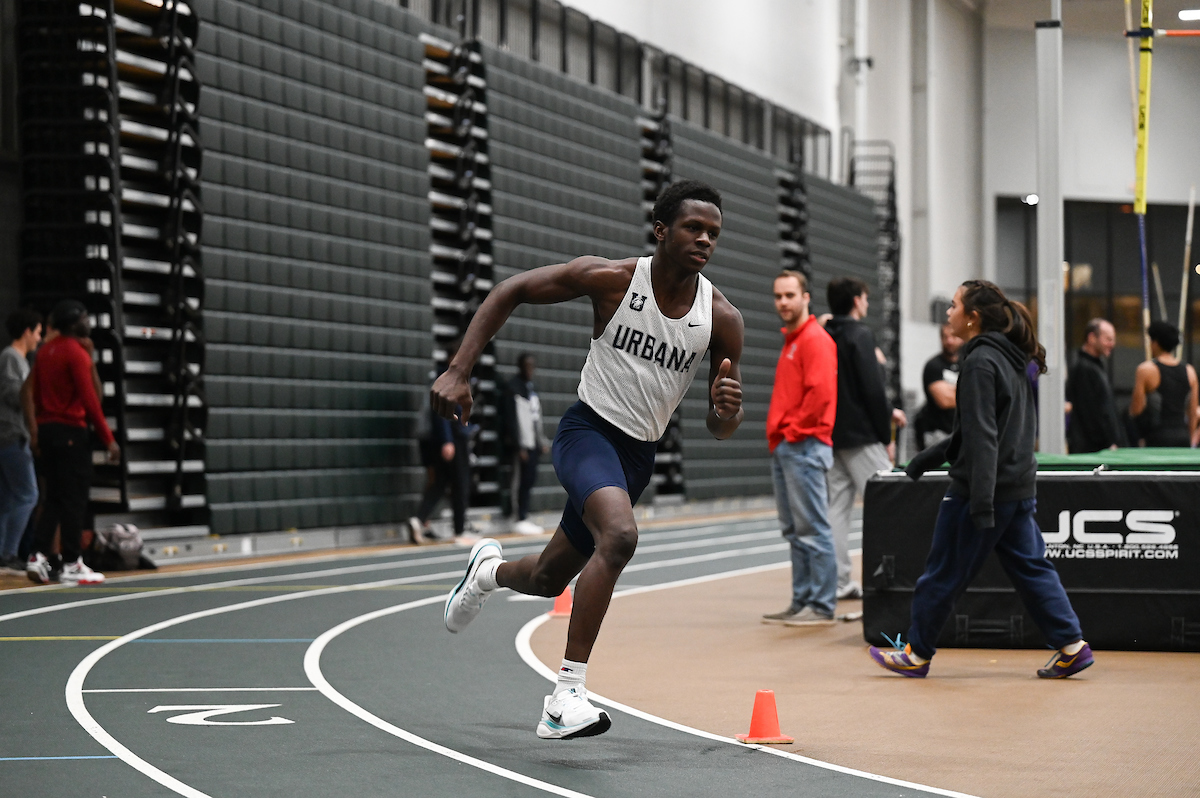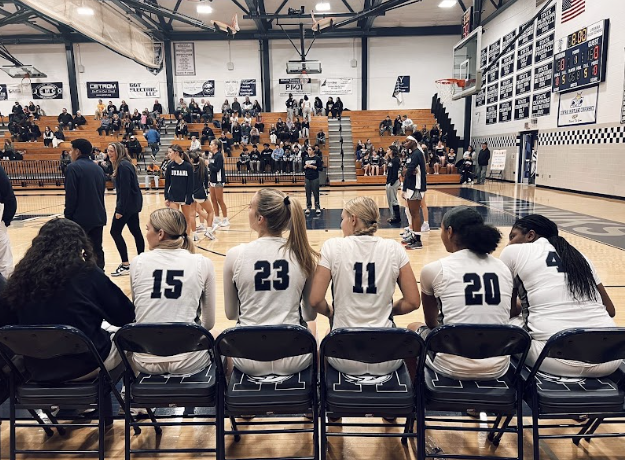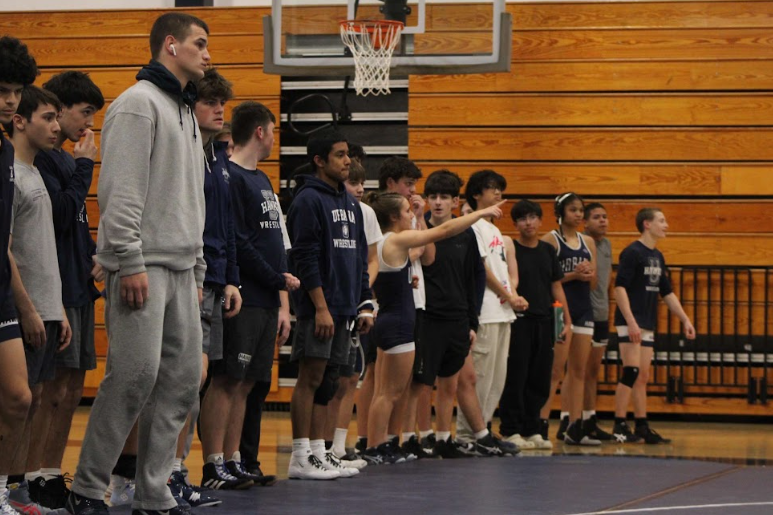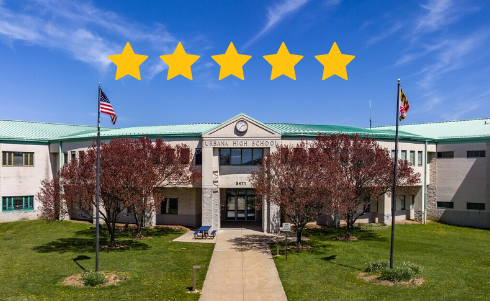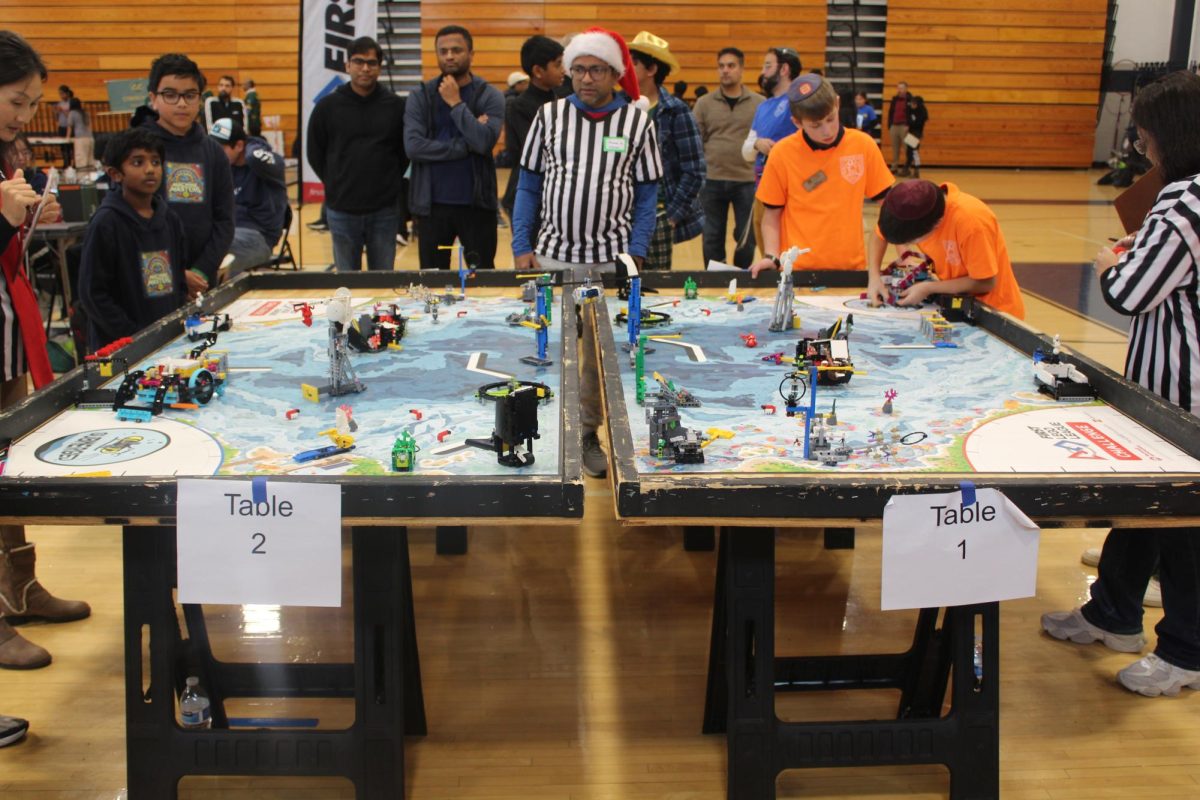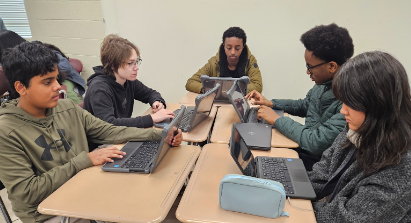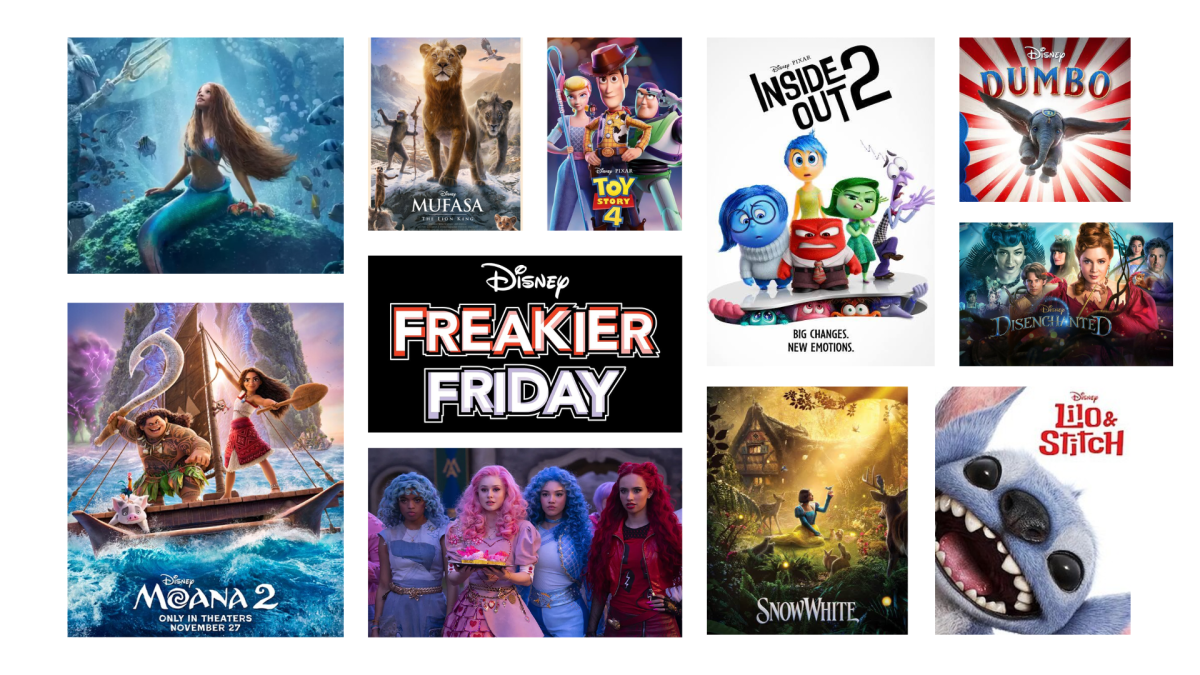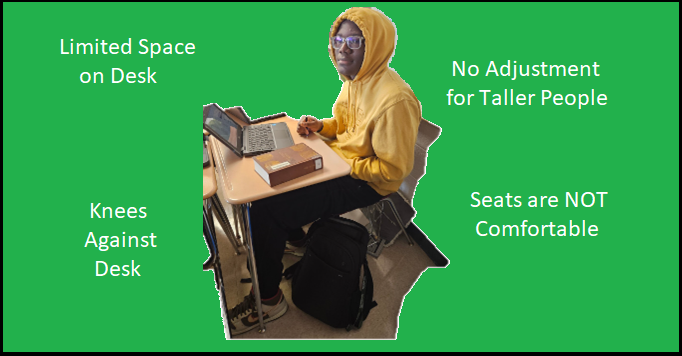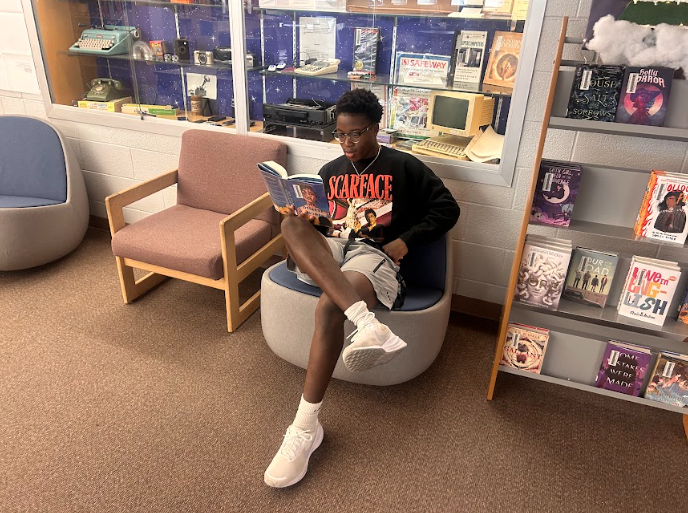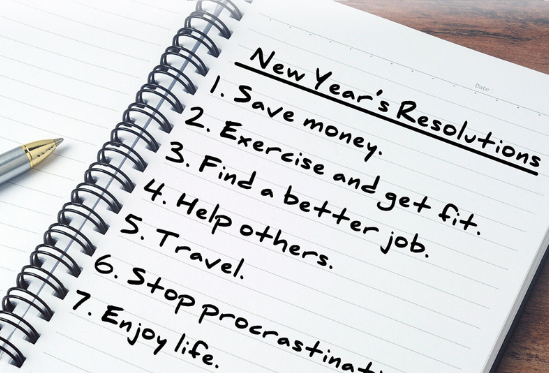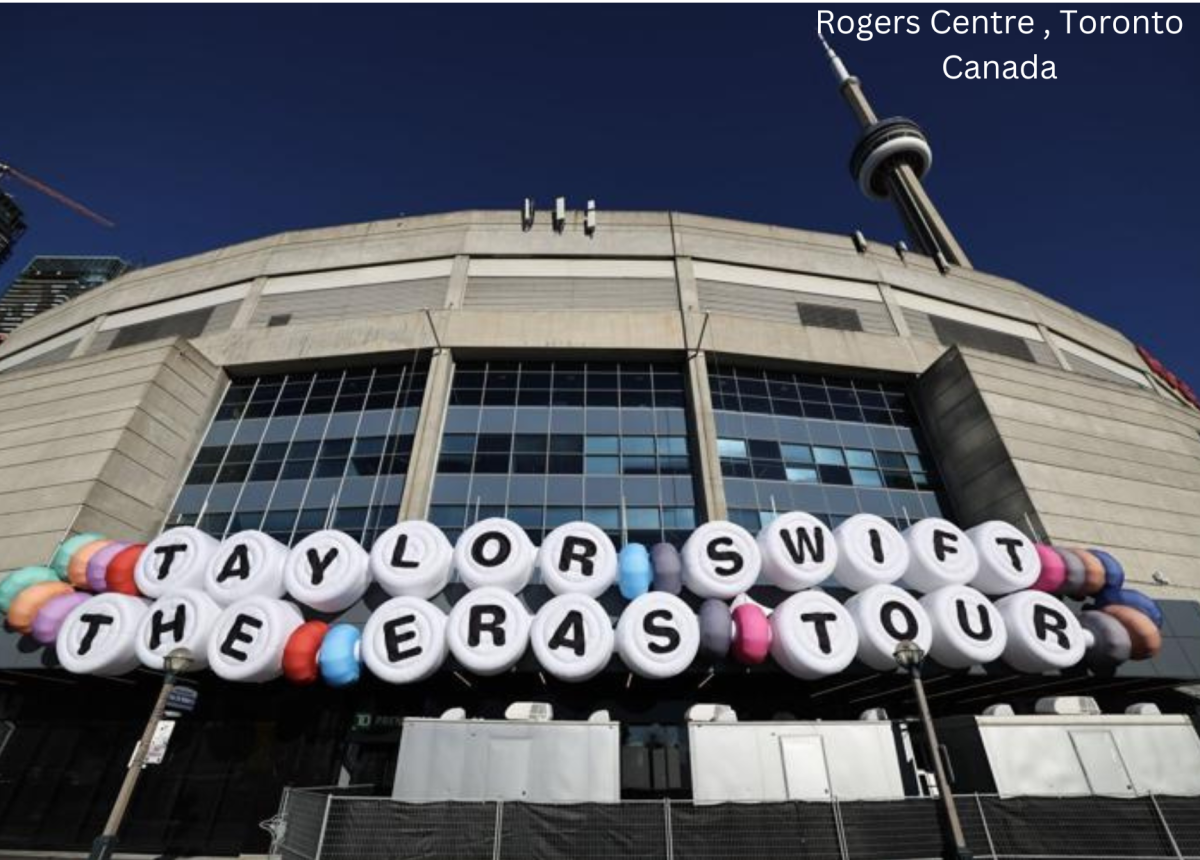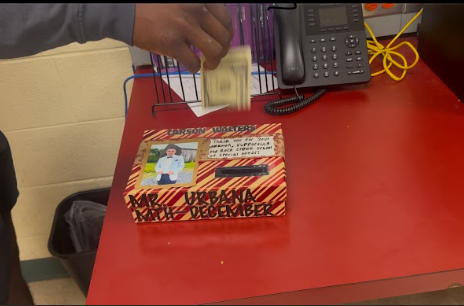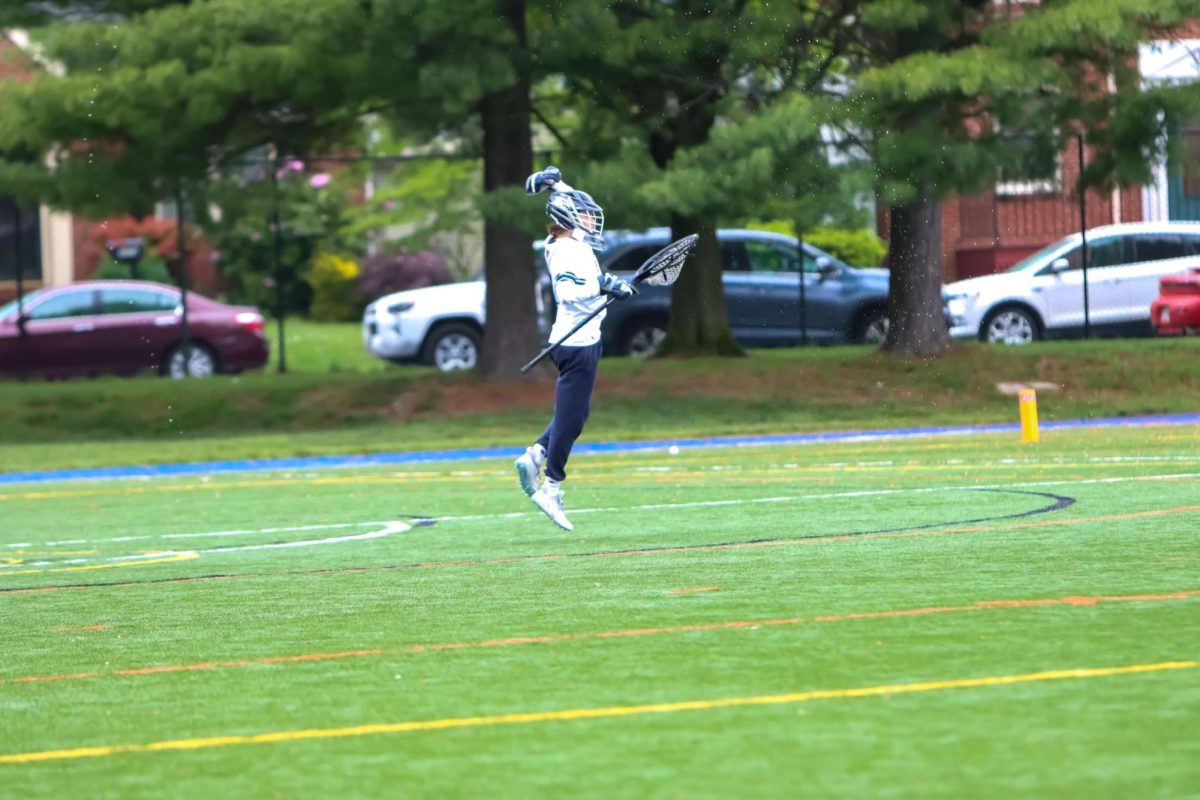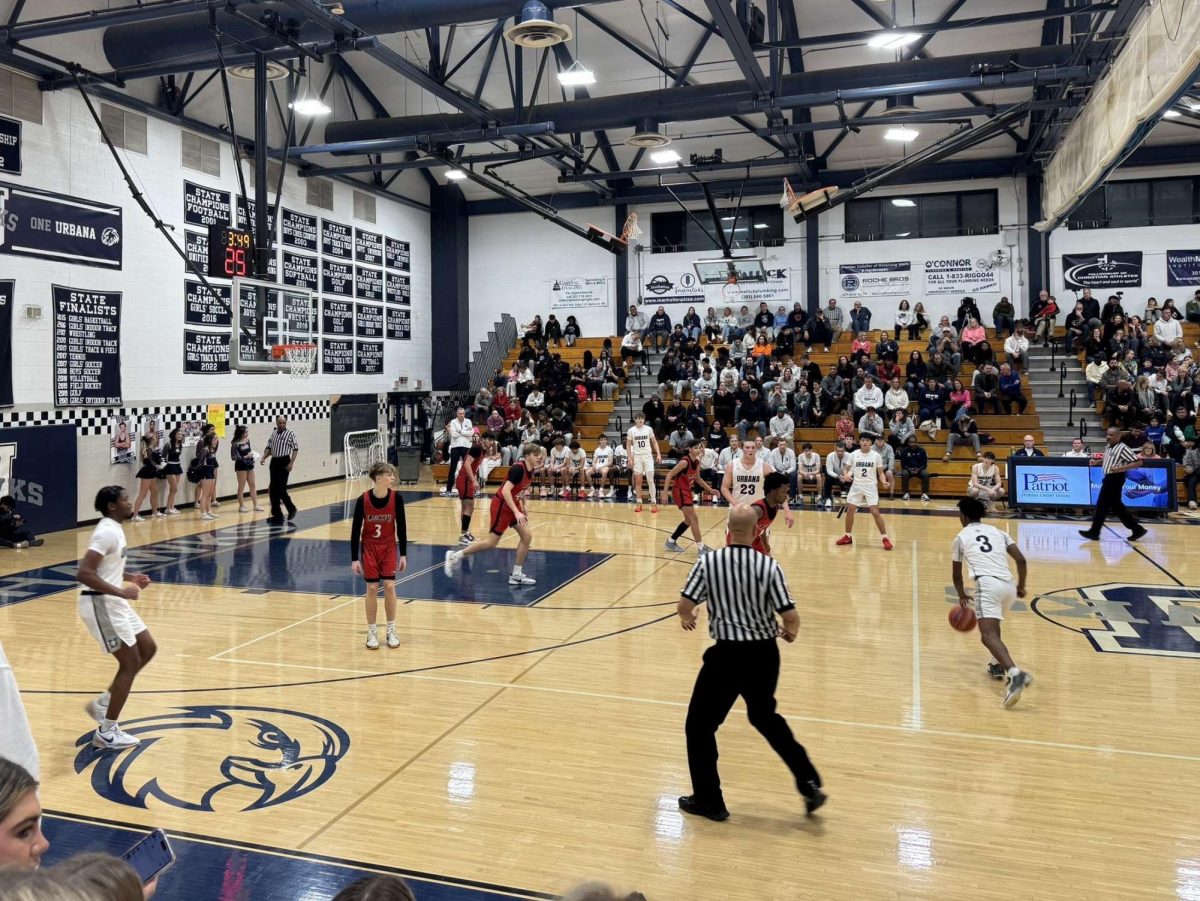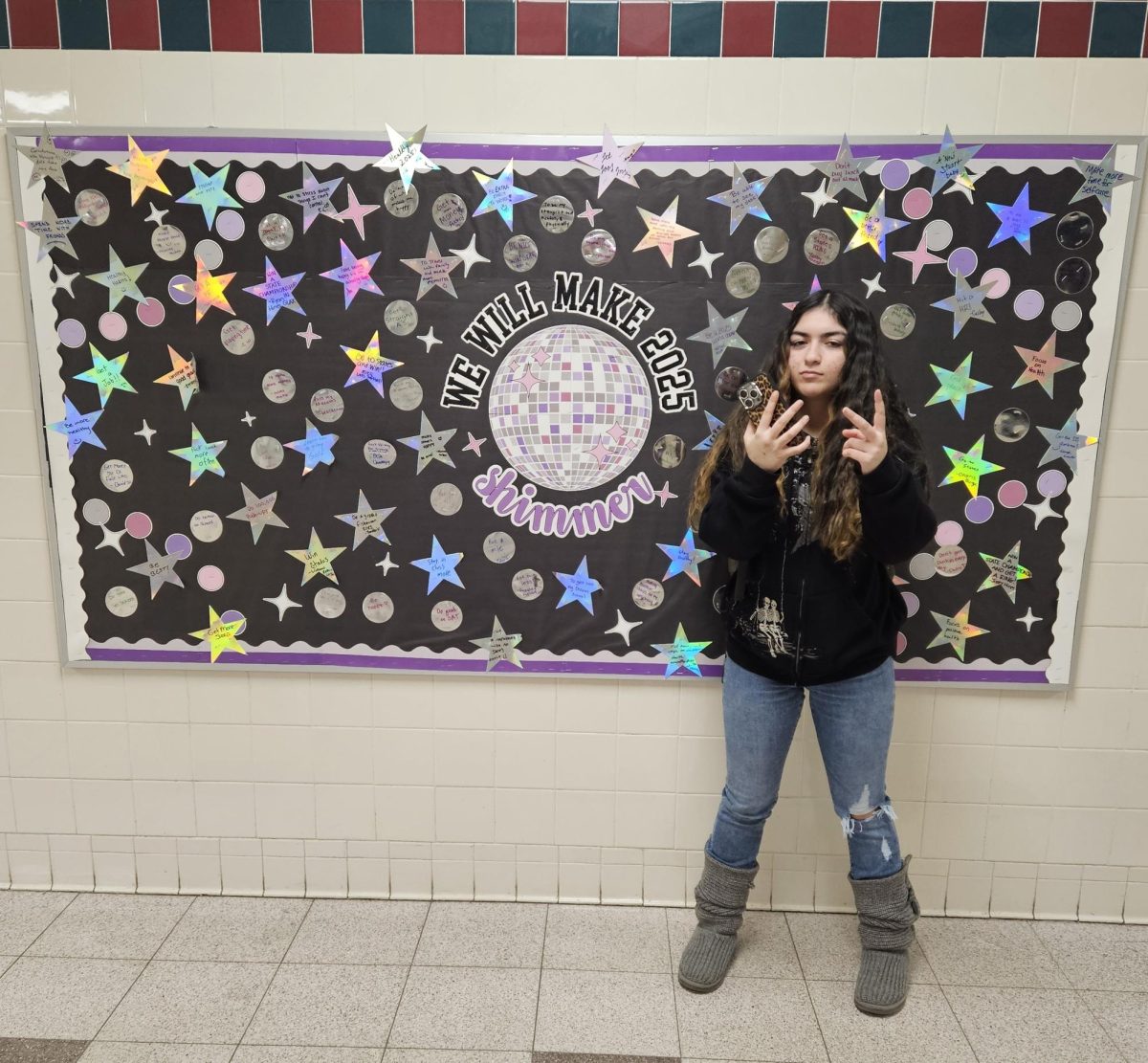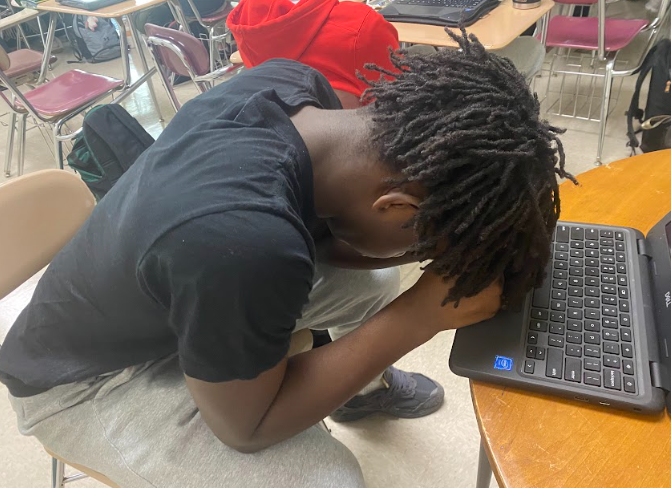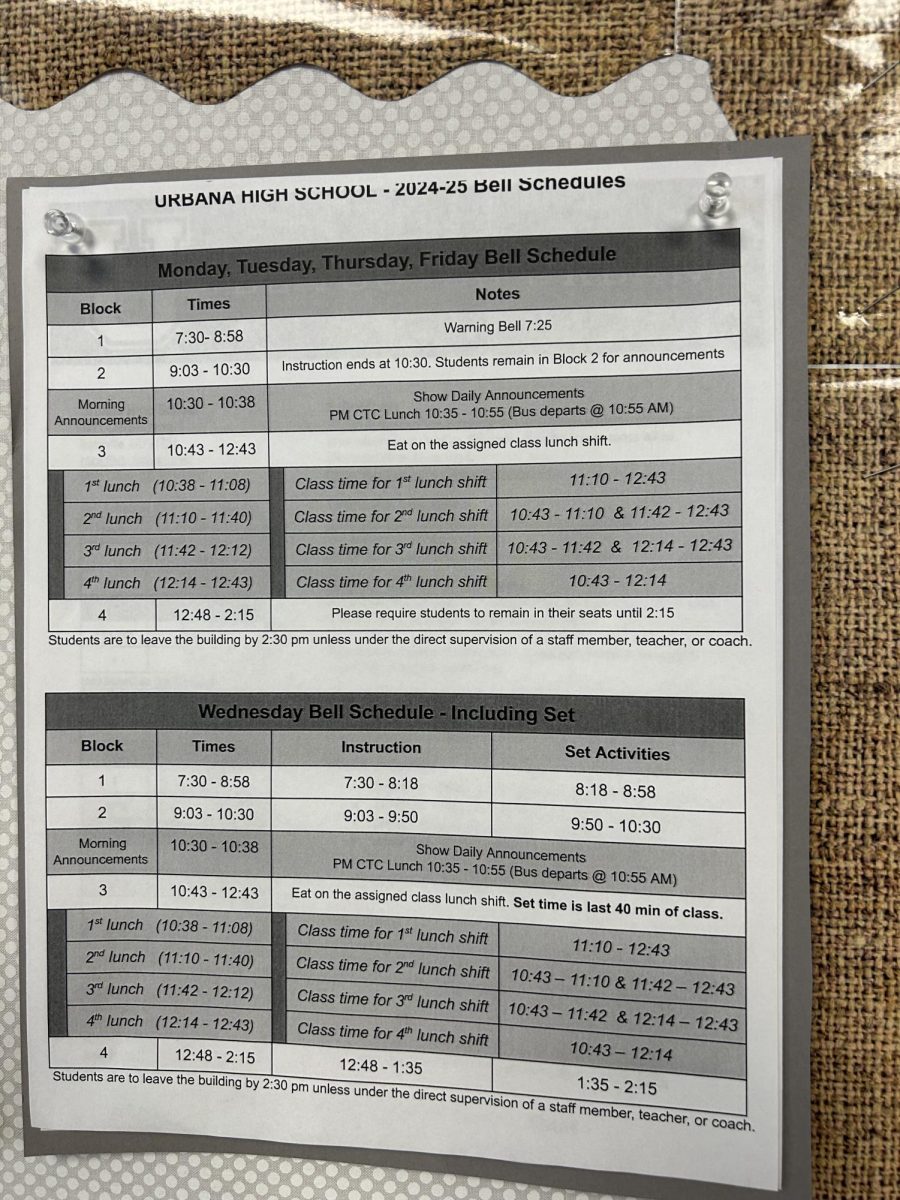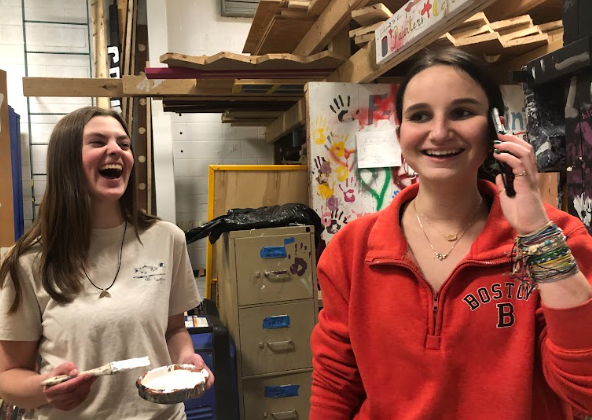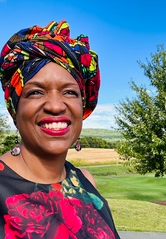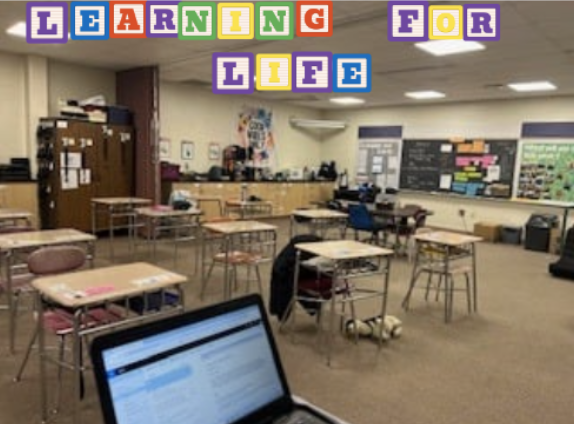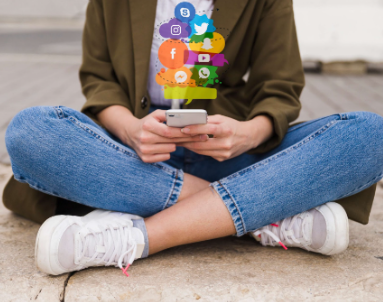
The digital age has brought new challenges for our younger generation who face peer pressure. Through various online platforms, we are constantly influenced by what our peers think, do, and expect. How can we cope with the pressure and learn to be ourselves?
Peer pressure isn’t a new thing, it’s been around as long as people have. Way back in ancient societies, peer pressure was all about fitting in with the tribe. If you didn’t, you might have not survived. Fast forward to now, where many people’s social status is their everything and peer pressure dictates many peoples every move.
Social media has taken peer pressure to a whole new level. Likes, comments, and virtual validation has created a constant pressure to gain approval and fit in.
When I asked Claire Truskowski, a fellow sophomore here at UHS, if social validation has impacted her in any way, she did not hesitate to share, “Yes, 100 percent. Sometimes I feel like it’s just the pressure to get ready and go to take pictures just because I feel the need to post something.”
Many teens today seek validation through how many likes, comments, or followers they may get from a post. Not only has social media increased peer pressure but it has also created new forms. Like the “fear of missing out” (FOMO).
Reagan Davis, another sophomore here at UHS, shares her opinion on the matter, “I feel like a majority of the time I feel pressured, it’s by social media. If I see pictures of all my close friends at a party, it makes me feel like I am almost missing out on something and so the next time a party comes up I feel like I just need to go because I don’t want to be the one missing out.”
Online trends and challenges often lead to teens participating in unsafe or unhealthy trends, without thinking about the consequences. “Social media has definitely impacted the decisions I have made. I think that it kind of creates this image of what someone my age should look like and be doing, when in reality everyone’s life is different for them,”says Bella Plaza, a ninth grader at LHS.
So, why does this happen and how can I learn to identify and avoid it? Peer pressure is a natural thing that occurs in our brains. When we follow what others are doing or gain social acceptance, it activates certain areas of the brain like the reward system, for example neurotransmitters, like dopamine. Dopamine is a “feel good” chemical in our brain that gets released when we do something rewarding, in this case, social acceptance. This can make many people, especially teens, more likely to keep doing these things.
For many students, it is hard to identify when peer pressure may be affecting them, especially through social media. As Madison Kincaid, a senior at UHS, puts it; ‘Not really, no. I think that it has just kind of become so normal to me that I don’t even recognize it happening anymore.” Recognizing and addressing the pressure caused by my peers and social media is a crucial step in avoiding peer pressure.
But peer pressure isn’t always negative, it can also drive positive outcomes. For instance, when friends cheer each other on at the gym or influence salads over fries.
As Kayla Dickens, a 10th grader at UHS, puts it, “On some of the days where I don’t feel like doing my work or getting out of bed, my friends will pressure me into it and it helps. Or if I have been stuck in bed all day and I scroll across a tik tok video of someone working out, it will influence me to go to the gym.”
Peer pressure significantly influences our thoughts, feelings, and actions. Understanding it and being able to empowers us to make informed choices in our interactions with others.

